Giacomo Leopardi, My favorite poet wrote: “I am convinced that even at the last moment of our lives each of us can change one's destiny…” I firmly believe. To do so, the only solution is to let go, and experience all that you can live ...
There fraintendetemi, I do not do crazy things, but if I find myself in front of I take the opportunity to fly. I learned how to do the last two years life, and I assure you it is really worth. Alike, when he seeks a person to know, that is presented to me for its uniqueness, I do not ever pull back. It 'a journey into the souls, often very intimate and exciting. The result is a personal enrichment of knowledge and experience, which offers a real moment of life… So one day a friend told me about Mark Bernava, Italian winemaker in the land of Spain.
I met him first on the phone, and then subsequently for months and months with a mail exchange. Sometimes with real disappointments, sometimes with positions taken by ... a true and sincere friendship that has grown over time, and that led me to get attached more and more to the person who was learning to know, and to appreciate. We had promised to meet us at the earliest opportunity of. Well a few weeks ago, the same friend who put me in touch with him, with an apology prompted me to go outside the building where I was for a small thing to solve. You have no idea of my expression when I saw him at the door. I hugged him strong, happy and excited as long it did not happen…
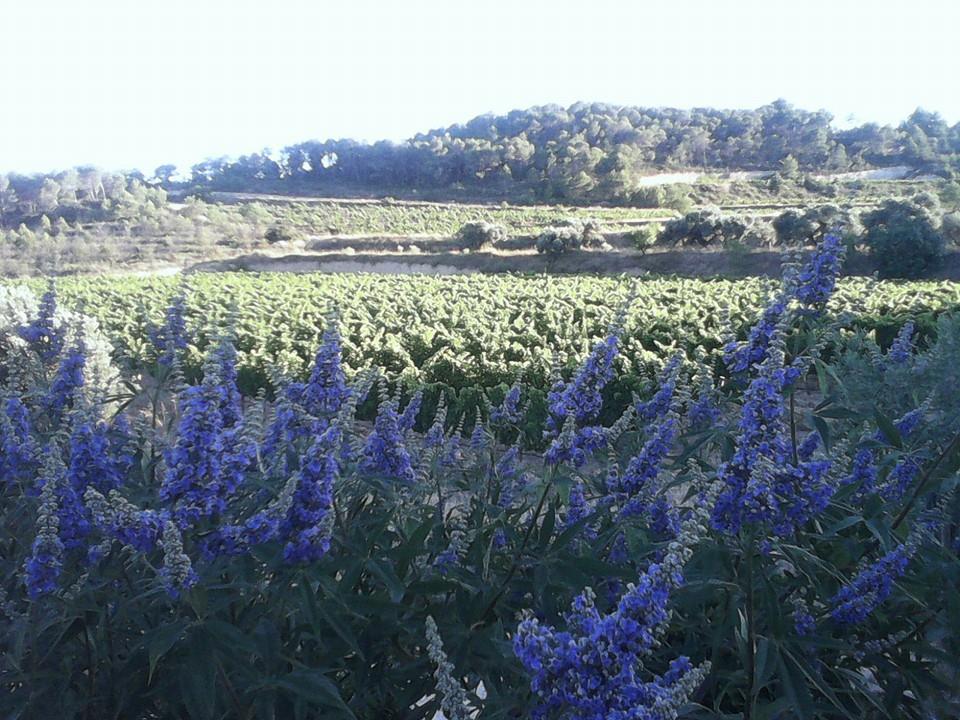
Vigneti Bernavi’
Vi presento Marco Bernava, il mio caro Marco, a man of the earth, and wine ...
- Framework, the first time that I spoke to you on the phone I asked you to tell me a little 'tea. Your words to me were enough to understand. Imagine going back in time, was the 19 December 2011. "Hello Marco Cinzia, I have spoken to you, tell me ...?”
"It 's a good question! - I said to myself - how can I sum up all my concerns in a phone call without appearing a fool?”. And now I find myself with the same dilemma, but the title of our talk nicely sums up some of the central aspects of my "tell". I 35 age, I was born in Milan and graduated in Agricultural Science and Technology with a thesis in viticulture and enology. I tasted wine personally and professionally Italy from north to south to mature the idea of the challenge, and very addictive: “Diventare wine producer!”.
Here's my be proudly Italian, agronomo e winemaker. But as a great lover of the natural system in which I live, and I believe that agriculture is an integral part of the real road dell'esserne, I decided to go a step further my studies and become even farmer, viticulturist and winemaker. I decided to do it in the ground Catalan (Spain), I work in the vineyards and in the cellar of our properties, driven by a passion for wine, with my partner Ruth (the true Catalan), and my brother Gino.
- Where does your passion for the land and for viticulture?
I am deeply convinced that every human being has the need for contact with the earth and with nature. Do you know why a person sees when he goes to the mountains and a forest, or see a cultivated field and lush, o un bel frutteto, it feels so good that spontaneously exclaims: "How wonderful place"? For the green color that gives us this feeling. It is shown that the mere sight of green vegetation, is associated in the depths of our ancestral brain abundance: “Vegetation means water, means the presence of animals, means food”. That's why when we process from concrete and asphalt, we feel good.
“We are part of nature, but we have lost consciousness”.
With this preamble to answer because of my passion for the land: “I feel part of me!” In addition to study ecological systems, beings, plants and animals from a biological point of view and then technology and applications, grants you the luxury to better understand the natural world and the role of the human being as a part of this world. The then understand how to take advantage of the natural resources in an intelligent way to create food will reveal the intersection of the biological cycles and the essence of ecology. Also, my family origins are related to agriculture, and I think it's in my genes has awakened this desire to resume the chapters started by my grandparents.
My passion for viticulture is quickly told. The plants of the genus Vitis have a special charm, a very complex physiology that makes an ecology of plants with interesting and with enormous potential. The domestication of plants of lives over the centuries is one of the most important traditional and cultural baggage that we. The results that today we can appreciate wine tasting, derived from a long and tortuous. And of course this is also part of the wine with its practices both natural and complex, precisely because of their natural.
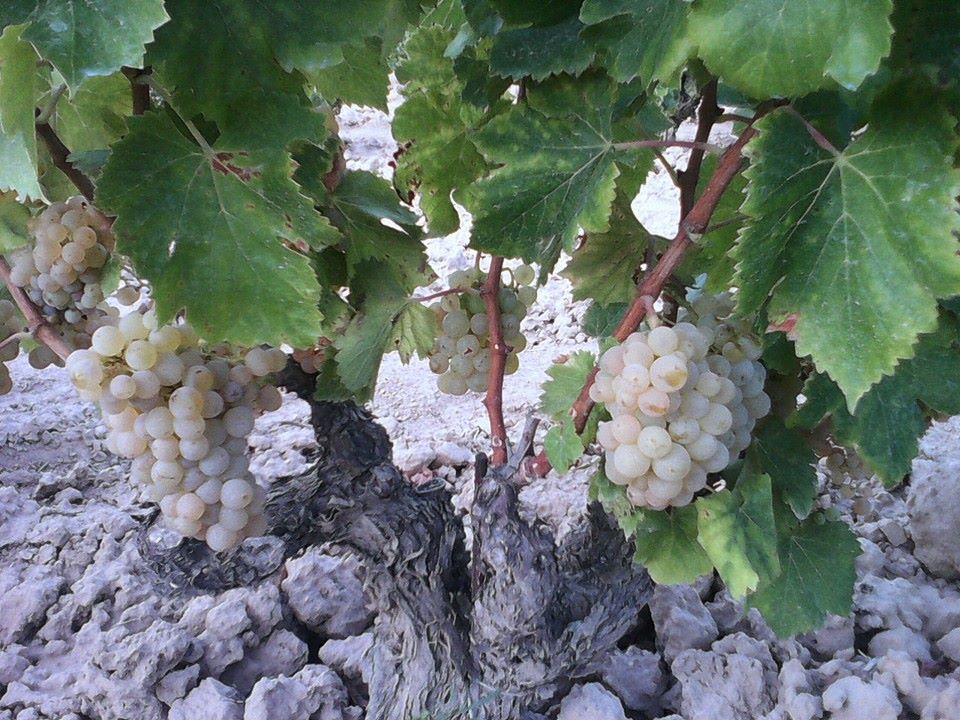
Vigneti Bernavi’
- There is a person who has influenced you in your choices?
My parents designed to work in the service sector in Milan; because I have always sacrificed and Gino early age, we could enjoy the green color, could swim in the sea or in lakes, could escape from the city, and we could keep the bond with nature. Their, and the rural origins of my grandparents, have kept alive in me the love for the land, and have certainly influenced the choice to hijack my journey on the primary sector.
My studies have now approached the viticulture and oenology, one of the branches of agribusiness more advanced level of study and knowledge acquired. Actually, browsing in the many rooms of the primary sector, a framework struck me so lightning… amore a prima vista say: “The Vineyard!"And to mark permanently the interest in deepening my knowledge about the vineyard, was a man at a conference: Attilio Scienza. His vision of local wine, and the role of agronomic management system in the wine also deriving from the principles of the great Mario Fregoni, I was immediately captured by. I recognize that are the basis for the elaboration of the "my"By wine.
- Tell me about your career in Italy?
Tortuous and will soon give. After graduation, I had the good fortune to work with the Di.Pro.Ve. of the Faculty of Agriculture of Milan. To my way of being, I think the academic career I do not particularly suited to 25 age. The desire to touch the daily life of winemaking has prompted me to look for work as an agronomist business. After some experiences in Friuli and Tuscany I landed in Le Marche, and I started working with Antonio Terni at Fattoria Le Terraces. Here I was able to collaborate in the creation of great wines, with great technical, with a great team of people, and a great Antonio. My thirst for experiences led me also in southern Italy in the Vulture area, and then return to Bergamo. But now I had to deal with my real goal, and in my thirst no longer domabile to build my personal project.
- What led you to produce wine in the land of Spain?
My relationship with Spain (better said with the Calalunya) is dated 1996, year when I met Ruth. This land has great potential in my opinion, many unexplored. For a young and restless at the beginning like me, land was a "possible" to start such an important project. L 'Italy with the development of the sector over the last twenty years land has become difficult for small developers, especially if they are young and "unknown", unless you go to areas where the establishment of a stranger is difficult for reasons more social than economic (and I talk about reality experienced and well-known because of my origins). Spain leaves some door open location in part to the economic feasibility of certain investments, and partly due to an administrative and political will to want to keep young people in rural areas (this will, dictated by need and certainly not by altruism and justice; Spain is rural, and votes in the rural area have a weight different from that of urbanized regions).
Without going into speeches by the argument that it would divert wine, I summarize my answer with a game that turns out to be romantic and philological: “In Italian we distinguish the "viticulture" (namely the cultural baggage tied to the world wine) from "viticulture" (the cultivation of the vine); Spanish and Catalan, there is only the "viticulture”. And I am an engineer who finds himself in a place without "viticulture"!
- "I live the wine." Are you like me blood and fighting. In your wine feels the character that marks you. When I drank the first time I had as a projection in my mind remembering your stories about the difficulties, the hardships and emotions to produce. Tell me about your wine?
If my motto is "in wine vivendo”, the lemma of the Cantina BERNAVÍ is "interpreting the local”. I think part you can give an explanation as to why!
“The wine is a reflection of who does it, technically, emotionally and philosophically. I try to convey to the bottle my interpretation of the potential of our vineyards, either by choosing varieties, considering that vintages“
From the moment I decided to replant the varieties I made a choice interpretative. The agronomic management you have to model every year on the progress of climate and the objectives to be achieved. And the work in the winery must comply with the answers that every year each variety gives us (for better and sometimes for worse!), own to create an original wine, which is variable as a natural product. It is precisely the naturalness of the produced wine that has prompted me to not greet me in any product specification, and that makes me line up clearly against all the noise at the European level on the rules for qualification of wines. The wine BERNAVÍ want to be honest and straightforward like me, come noi!
We are three of us in this work and for the cellar bears our name. For this reason, the names of our wines are so immediate.
A white harvested at night to take advantage of the fresh south-west wind, and the moon that shines on calcareous soils: White Night. A red, result of the work of three young souls and coupage (cutting) three varieties as different as complementary, with vinifications ad hoc for each of them: 3D3. In itinere reserves in barrels of large volume, who will talk about the concentrations of which capable exceptional terroir this…
"The cup of wine has to tell the hard work in the vineyards cold winter and torrid summer, conditions in both extreme and fascinating; must tell curved backs of the screws trying to understand the needs of each plant, from pruning to harvest…” Marco Bernava
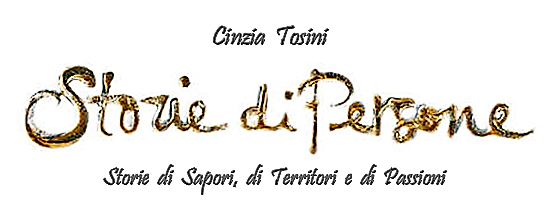





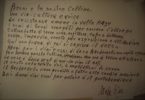




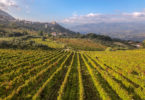

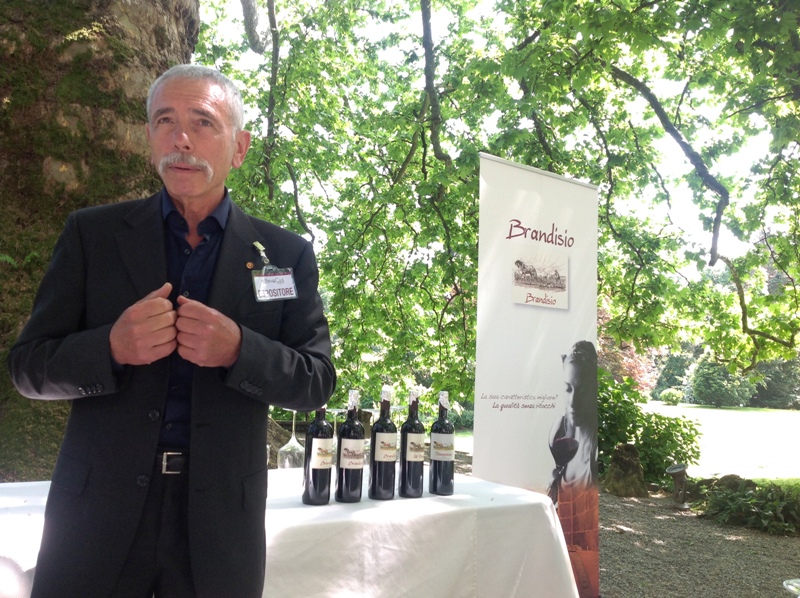


Comments to the publication reported on Facebook
Thomas Ponzanelli:
Ma cosa vuol dire winemaker?
Cynthia Tosini:
Tommaso eccomi… Winemaker tradotto significa fare il vino. In Italia rispecchia la figura del Consulente enologico che da le direttive nella produzione… ma ne riparleremo… 😉
Thomas Ponzanelli:
Note, non mi piace il termine winemaker. Senti come suona meglio vignaiolo, enologo… tutta un’altra storia.
Cynthia Tosini:
Tommaso.. condivido! E infatti… se ne riparlerà a breve con Marco Bernava in un suo approfondimento! Ora è impegnato… sta seguendo il rimontaggio in cantina! 😉
Alessandra Basso:
Splendida intervista Cinzia… Avendo amato molto Goethe e la sua Teoria dei Colori, mi sono identificata moltissimo nel sentire di Marco… a proposito del colore verde…” Il colore della Natura… in cui ogni occhio si riposa… perfetto connubio di giallo e di blu… Quando ciò avviene… non si può e non si vuole andare oltre…”
Cynthia Tosini:
Alessandra thanks, Marco is on my same wavelength. He is a romantic like me, Romantic at large. You dive in his words and traveling, a farmer-poet-writer living nature.
Marco Bernava:
Tommaso maybe you're right… but you think “winemaker” I like to listen to it literally: “those who make the wine”… winemaker has different shades and just as interesting : “those who study the wine” (oinos logos)… It depends on your point of view and the role you have: indeed consultants are oenologists and not very often “makers” (in many companies are the real players cellarmen!)
Marco Bernava:
Alessandra, I am glad that you have identified with the story… the concept of green color that I said to Cynthia is the result of a study done by biologists and anthropologists: Green indicates to us abundantly as we were quendo “animals”… viveti in the sense of being integrated in an ecosystem not artificial.